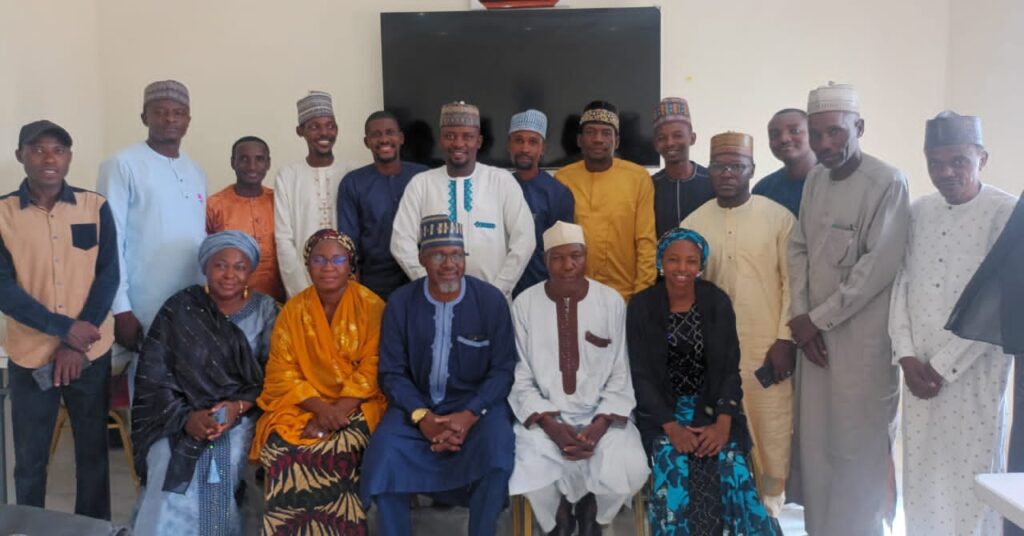The Centre for Information Technology and Development (CITAD) organized a three-day advanced ICT training program for 18 staff of the Rural Access and Agricultural Marketing Project (RAAMP).
The 3 day intensive training took place at CITADs head office Kano.
The Executive Director CITAD Engineer Yunusa Zakari Ya’u, represented by the coordinator Ahmed Abdullahi Yakasai, pointed that the training aims to enhance participants’ capabilities and raise awareness about the benefits of using ICT in administration.
He emphasized that Information and Communication Technologies (ICTs) are universally recognized as vital tools for development.
Yakasai noted that given the growing importance of ICTs in administration and the substantial amount of documents and communications administrators manage, ICT skills have become indispensable.
“Students can utilize ICT to enhance their learning, teachers can leverage it to improve their teaching methods, and administrators can apply ICT to streamline day-to-day operations and manage their institutions efficiently,” he stated.
He maintained that CITAD has developed a fast-track module that requires minimal time from participants and has undergone thorough testing.
“CITAD sees this as an opportunity to enhance ICT capacity for administrators. It is crucial for officers in MDAs, particularly administrative staff, to become proficient in using ICT infrastructure in their offices. This proficiency will benefit the staff, government, and other partners,” said Mr. Yakasai.
The Project Administration Officer RAAMP, Abdul Ibrahim underscored the critical role of ICT in the project’s success, noting its inclusion in the project’s work plan.
He also anticipated a near-future shift to online interactions in offices, stressing the importance of adopting ICT to stay ahead and avoid falling behind.
The Rural Access and Agricultural Marketing Project (RAAMP) is a third-generation initiative funded by the Federal Government of Nigeria, facilitated by the Federal Ministry of Agriculture and Rural Development, and supported by the World Bank’s International Development Association (IDA).
The goal of the initiative is to strengthen the institutional and financial foundations for the sustainable management of state and rural networks.
